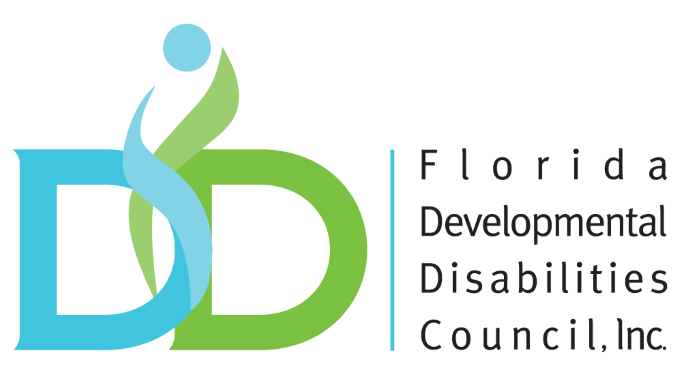The Florida Developmental Disabilities Council (FDDC) and Mathematica are advancing efforts to enhance the quality of life for people with I/DD and their caregivers by strengthening case management service delivery, empowering them to make informed decisions, and addressing workforce sustainability.
The FDDC and Mathematica are working to support people with I/DD in Florida through three workstreams:
- Best practices in case management
- Measuring service quality
- Researching provider solutions
Best practices in case management (BPCM)
The FDDC aims to improve home- and community-based services in Florida by implementing best practices for case management service delivery. A key challenge is that case management professionals operate across a variety of service systems, with no universal definitions of their responsibilities that defines their role or required competencies. This lack of standardization can lead to inconsistent expectations and lower quality support services. To help the FDDC achieve this goal, we:
- Conducted an environmental scan and produced a report to help define the shared competencies of case management professionals for people with I/DD.
- Developed a guide for people with disabilities and their caregivers who interact with case management professionals to help them better understand what they can expect from a case management professional and give feedback on their case management professional's performance
- Produced a three-part training series for people with I/DD and their caregivers that covers three topics:
Measuring service quality (MSQ)
Autonomy and choice are important for people with I/DD, allowing them to make decisions about key dimensions of their lives, like the types of services they receive and the community-based setting in which to live. We are creating tools to support and empower people with I/DD and their caregivers to make informed decisions about which programs and services are a good match for them.
We produced a report synthesizing results of an environmental scan to explore measures of service quality in Florida. We developed a guide for people with disabilities and their caregivers who live in or are thinking about moving to a residential setting. The guide includes a tool to help inform people's decisions about whether a residential service provider is a good choice for their circumstances. We are also developing a two-part video series that previews what people with I/DD and caregivers value most when searching for a residential service provider and how to use the tool to identify a home that best suits them.
In addition, we are developing similar tools for people with I/DD and their caregivers to use to assess adult day training providers and supported employment providers..
Researching provider solutions (RPS)
People with I/DD often require direct care services to perform activities of daily living. The widespread shortage of direct support professionals (DSP) has adversely affected the I/DD community, creating hardships for people with I/DD and their families as they struggle to find assistance to meet their basic care needs.
We conducted mixed-methods research and recommended ways to build on the FDDC's efforts to address known challenges with the DSP workforce in Florida. The research activities included:
- A scan of legislation in Florida and other states focused on strengthening the direct support labor force.
- Focus groups to gather community input about potential solutions described in legislation.
- A survey to better understand what agency-employed DSPs value and how these values align with promising policy interventions.
- Focus groups with consumer-directed DSPs to understand their perspectives on training, on-the-job supports, and motivations for staying in or considering leaving the DSP profession. We produced an environmental scan report, an executive summary and a final report.
Tools, guides, and reports





